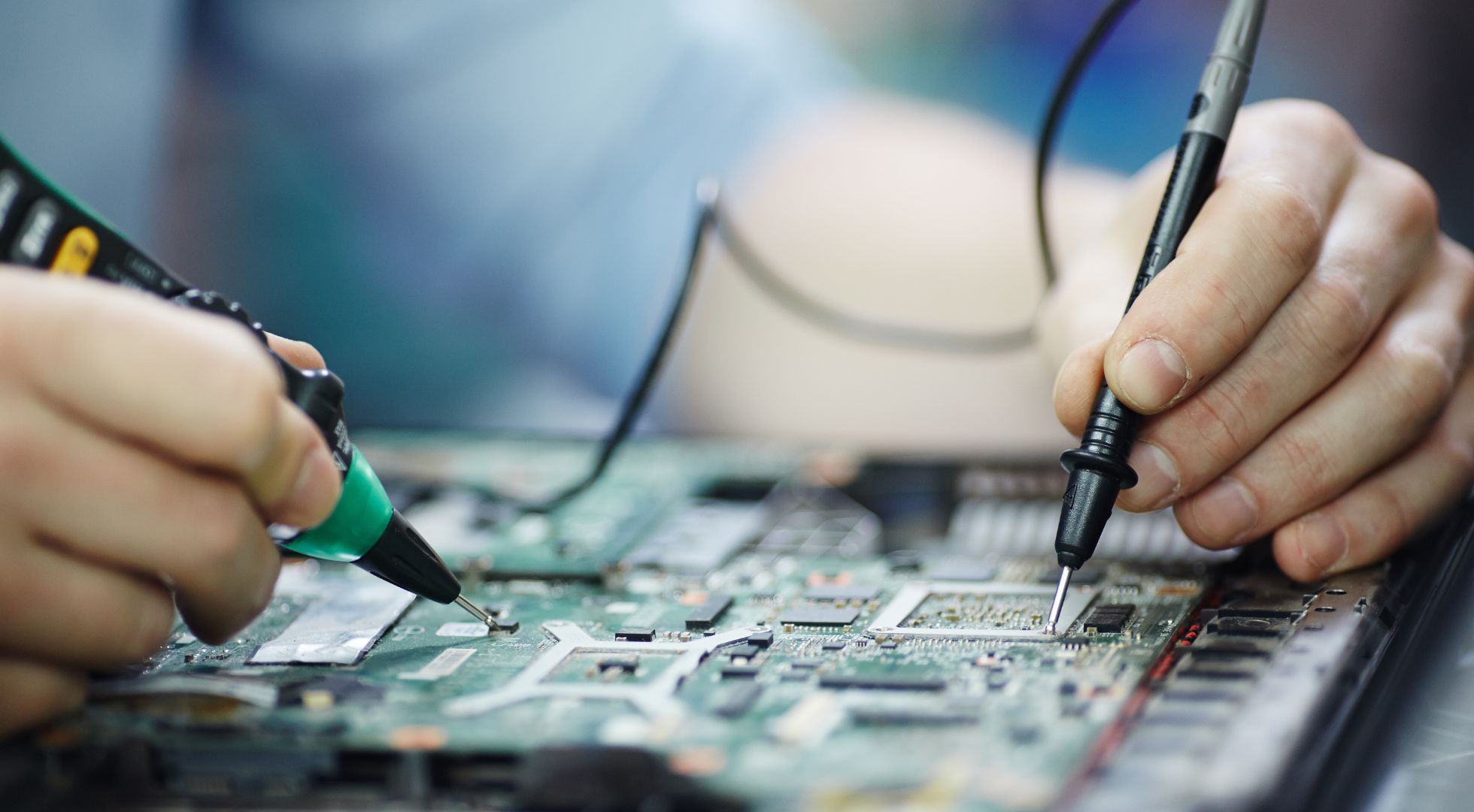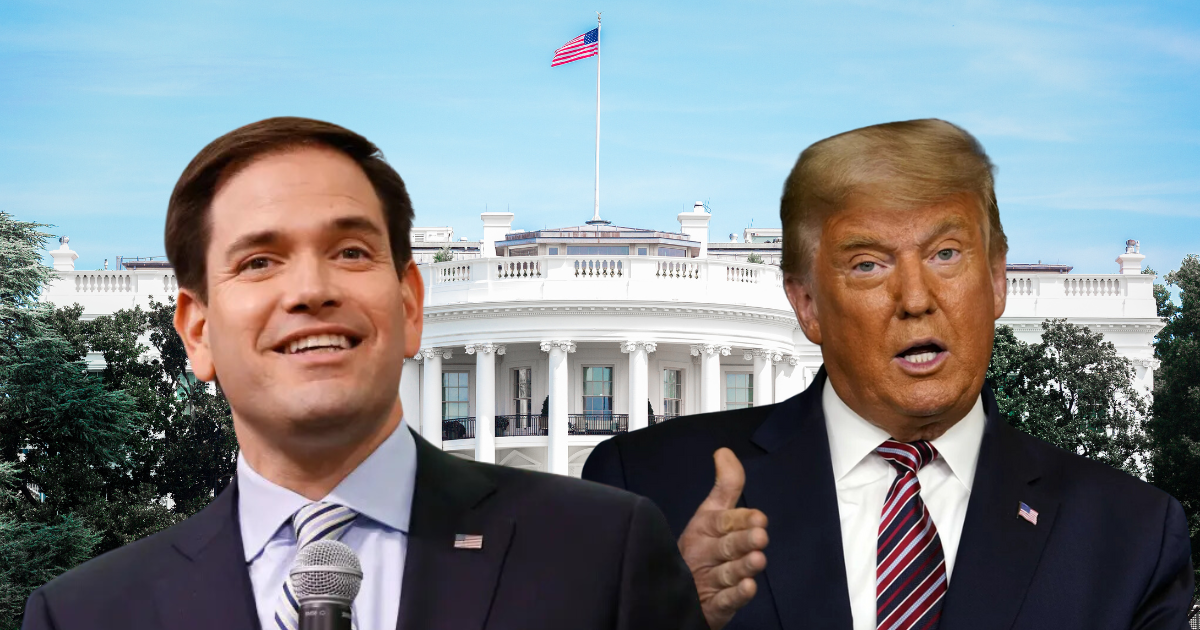The teaching of applied sciences in the early stages of childhood allows an understanding of the natural, physical and chemical phenomena that happen every day in a field of expertise, creativity and research, as well as the social, environmental and economic interaction of a certain region. Our classrooms are made up of curious children and young people, researchers, observers and experimenters, with the desire to resolve their concerns regarding what is happening around them; while teachers are seeing the need to adapt day to day learning and what happens in the classroom to the demands of today’s society and the emerging future.
From tickmas and by the hand of Maria Eugenia Matusdirector and founder of “Kids Science Club”, we have designed a training space where experimental science meets the attributes of STEAM education and the functionalities and contents of our platform. Matus, who has extensive experience teaching science, says that “new technologies and the incorporation of open educational resources, such as simulators, augmented reality, virtual reality, design and printing of 3D objects, programming, the use of robots and drones, artificial intelligence, experimentation from chemistry and physics, combined with Ticmas, provide the optimal environment for the development, acquisition and enhancement of skills that allow students to learn the necessary concepts to become thinking, collaborative citizens and builders of their own environment”.
Wednesday begins a cycle of workshops in which María Eugenia Matus will teach how to develop classroom practice integrating Ticmas and the STEAM modality, providing useful and effective tools for the development of curricular content, applying the notions of science, technology, engineering, arts and mathematics achieving the conjunction of all the study areas of the initial, primary and secondary levels, through experimentation in classrooms and school laboratories.

The cycle will take place in three virtual meetings by zoom, open and free. start next Wednesday, April 12 at 9 in the morning, Buenos Aires time Teachers and school administrators you can register here.
During the first meeting we will focus on planning STEAM experimental sequences in laboratories and classrooms, with the incorporation of Ticmas to integrate different curricular areas. In the second meeting, which will be on Wednesday, April 19, we will work on Chemistry and Physics to understand the universe. During this session, a didactic sequence of Ticmas will be shown that uses the two applied sciences to experiment, involving the areas of language, mathematics, music, art and physical education. Finally, in the third meeting, which will take place on Wednesday, April 26, we will address the Natural Sciences and Earth Sciences with experimentation in classrooms and laboratories.
In each meeting, digital didactic material and examples of experiments to be carried out will be presented, which will be demonstrated live by the speaker and will interact with the teachers present in the online meeting. The duration of each meeting will be 2 hours and A certificate of participation will be awarded for each workshop..
María Eugenia Matus, from the city of Zapala, Neuquén. She has been a university professor of General Inorganic Chemistry and Applied Analytical Chemistry for 15 years at the National University of Comahue. She is the director and founder, together with her husband Nakad, of the “Science Club for Children”. She graduated in New Technologies and Laboratory Management. Higher University Technician in Mining Analysis. She is a last-year student of the Master’s Degree in Teaching in Digital Scenarios, from the Association of South Andean Universities (AUSA). She is passionate about teaching science and the use of technology in the classroom.

